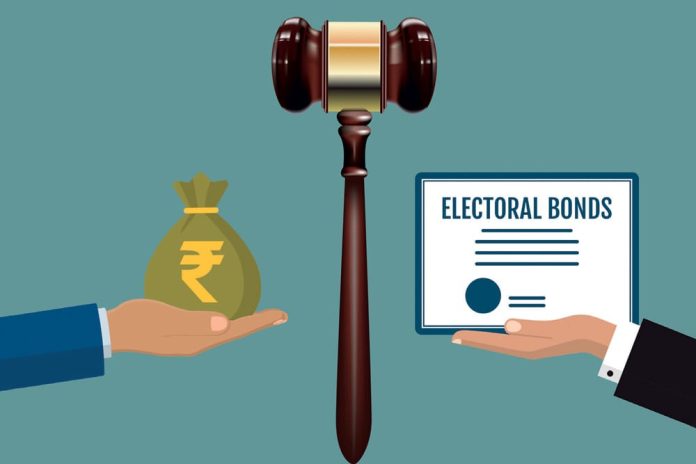The State Bank of India (SBI) has declined to divulge the specifics of electoral bonds it provided to the Election Commission of India (ECI), citing provisions under the Right to Information (RTI) Act. The refusal came in response to an RTI query from Commodore (retired) Lokesh Batra, who had requested comprehensive disclosure of electoral bond data in digital format, as submitted to the election body following a Supreme Court directive.
SBI justified its decision by stating that the information contains personal details and is held in a fiduciary capacity, despite the fact that similar records are publicly accessible on the Election Commission’s official website.
This development stems from a Supreme Court ruling on February 15, instructing SBI to furnish complete details of electoral bonds purchased since April 12, 2019 to the EC for publication on its website by March 13. Although SBI’s plea for an extension was dismissed by the court on March 11, it was mandated to disclose the bond details to the EC by the close of business on March 12.
In its response accessed by news agency PTI, SBI highlighted exemptions under sections 8(1)(e) and (j) of the RTI Act, which pertain to records held in a fiduciary capacity and the withholding of personal information, respectively.
The RTI activist, Lokesh Batra, expressed astonishment at the denial of information that is already in the public domain on the EC’s website. The electoral bond data furnished by SBI was subsequently published by the election body on March 14, detailing purchasers and political parties redeeming the bonds.
Batra also sought information on the legal fees paid to senior advocate Harish Salve by SBI for representing them in the electoral bonds case before the Supreme Court. SBI declined this request, prompting Batra to emphasize the public interest in transparency, especially concerning taxpayer-funded expenditures.
Following these events, the Supreme Court intervened once again on March 15, criticizing SBI for failing to provide complete information, particularly the unique bond numbers crucial for matching donors with recipient political parties. The court emphasized that SBI was duty-bound to disclose this information, reiterating its earlier directive for full disclosure of bond details, including purchaser names, amounts, and purchase dates.
SBI revealed that 22,217 electoral bonds of various denominations were purchased by donors between April 1, 2019 and February 15, 2022, out of which 22,030 were redeemed by political parties. This ongoing saga underscores the broader debate around electoral funding transparency and the obligations of public institutions in upholding accountability.




